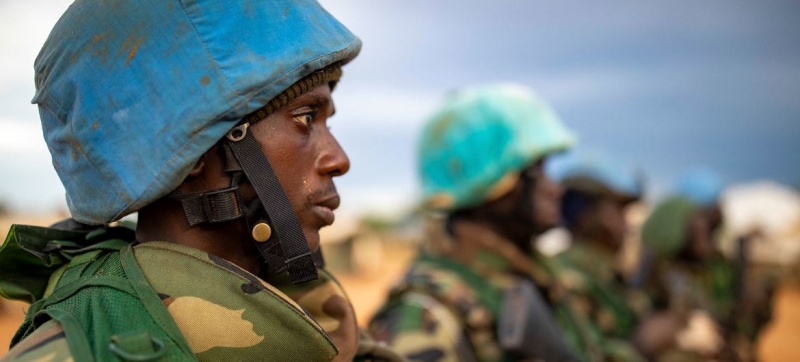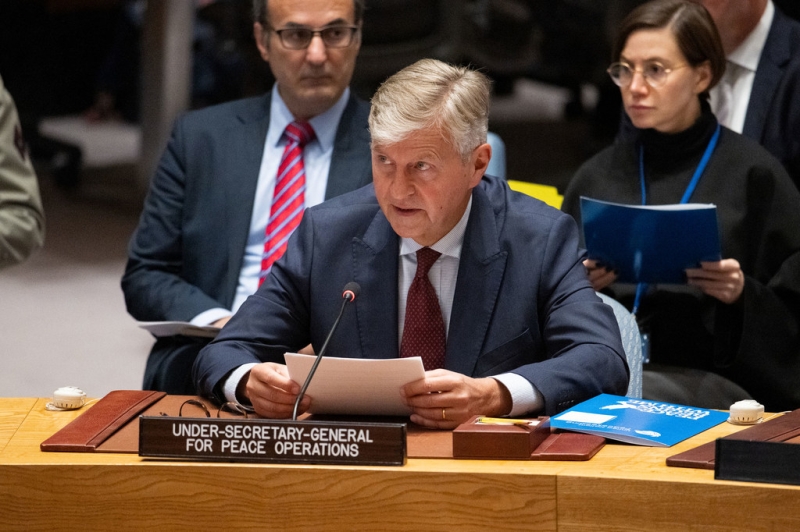
While UN peacekeepers play a vital role in maintaining stability, they cannot fully carry out their mandate without broad political support. Blue Helmets: UN calls for stronger support for peacekeeping Peace and Security
As conflicts become more complex and armed groups increasingly use improvised explosive devices and drones as weapons, UN peacekeeping missions need greater political support and resources to carry out their duties safely, a senior UN official said on Monday.
Speaking to the Security Council, Under-Secretary-General for Peacekeeping Operations Jean-Pierre Lacroix stressed that UN missions “can only be as effective” as the collective support they receive from Member States.
“As geopolitical tensions rise, including here in the Council, and against the backdrop of changing global and regional dynamics, peacekeepers can increasingly rely on Member States to act decisively and in concert to support peacekeeping efforts,” he said.
Today, peacekeepers face a variety of challenges: transnational organized crime, illegal exploitation of resources, the effects of climate change, the proliferation of affordable military technology and targeted disinformation campaigns.
“Despite all these challenges, more than 70,000 peacekeepers courageously continue their vital work,” the rapporteur noted. “Every day, they contribute to protecting civilians, clearing mines and explosive remnants of war, monitoring fragile ceasefires and preventing the escalation of hostilities.”

Under-Secretary-General for Peacekeeping Operations Jean-Pierre Lacroix.
Making a Difference
He gave several examples of this selfless service. In Ituri province in the Democratic Republic of Congo, UN peacekeepers are protecting more than 100,000 displaced civilians in the Drodro camp.
In southern Lebanon, UN Interim Force personnel face daily threats of cross-border violence but serve as a vital channel of communication, preventing further escalation.
Meanwhile, in Abyei, the UN Interim Security Force is brokering peace agreements between herders and farmers competing for scarce natural resources, preventing conflict during livestock migration seasons through collaboration with local and international partners.
Existing Limitations
While UN peacekeepers play a vital role in maintaining stability, they cannot fully carry out their mandate without broader political support.
“Without such support, peacekeeping is limited,” Lacroix stressed, calling on the Security Council and Member States to promote political solutions to the conflicts. Blue helmets can be decisive in protecting civilians, but they do not fight wars, he recalled.
He also called for stronger partnerships at the local, regional and global levels to address today’s interconnected challenges.
A decisive moment
Looking ahead, Lacroix noted that the upcoming Future Summit provides an opportunity for world leaders to strengthen multilateral cooperation.
The summit, which begins on 22 September, will allow Member States to review and reaffirm the core principles of UN peacekeeping, laid out nearly eight decades ago. The “Pact for the Future,” planned to follow the summit, will give UN peacekeeping a renewed mandate to effectively address today’s complex challenges.
